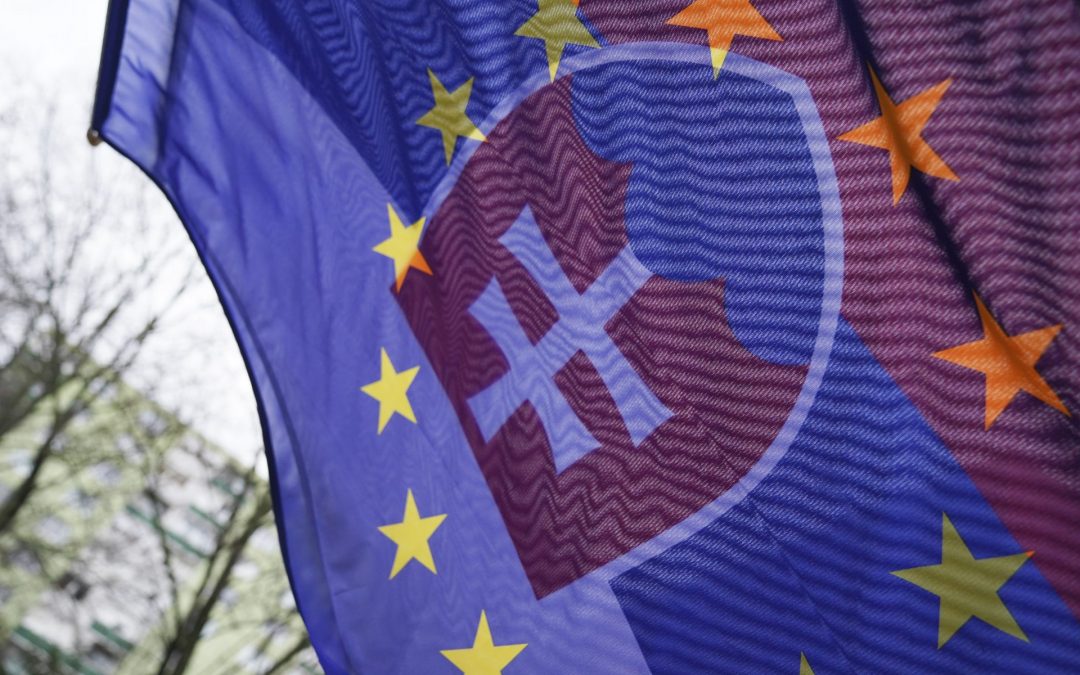Brussels – The competitiveness of the European economy is once again at the forefront of European institutions’ interest. This was stated to the TASR correspondent by the Secretary of State of the Ministry of Economy of the SR Vladimír Šimoňák after Thursday’s meeting of the EU Council for Competitiveness in Brussels.
Šimoňák recalled that the recent report by Mario Draghi on the future of EU competitiveness also contributed to this state of renewed interest in this area. At the same time, on behalf of the Slovak government, he expressed satisfaction that the Slovak Euro-commissioner Maroš Šefčovič, in the new EU executive, will be responsible, among other things, for trade policy and economic security, which is directly linked to competitiveness issues.
“We are glad that the European Commission is approaching this topic in such a way. Slovakia, as an industrial country, has a vital interest in ensuring that the EU is once again an attractive place for business, especially for export-oriented sectors, so we are pleased that today there was a great degree of agreement among member states that we urgently need to do something to make the Union competitive again on a global scale,” explained the Secretary of State.
The Council of Ministers definitively adopted the law on emergency situations and internal market resilience (IMERA), which according to Šimoňák is the completion of the legislative process that began during the new coronavirus pandemic and is a response to the events during it. “We are glad that it is completed, but it is not what will help us to withstand in the future. It will help us get energy prices under control and some unfair practices by which large global players compete with the EU and also reduce the regulatory burden for entrepreneurs, both large and small and medium-sized enterprises,” Šimoňák described the situation.
According to him, the biggest challenges the EU will have to face as quickly as possible are related to the automotive industry. “There, as we see, acute crisis phenomena have been emerging recently and we have to do something about it if we want the European automotive industry to still be European in a few years,” he warned, adding that this topic was pushed onto the agenda by the current Hungarian presidency of the EU Council. (September 26)
 go to the original language article
go to the original language article
